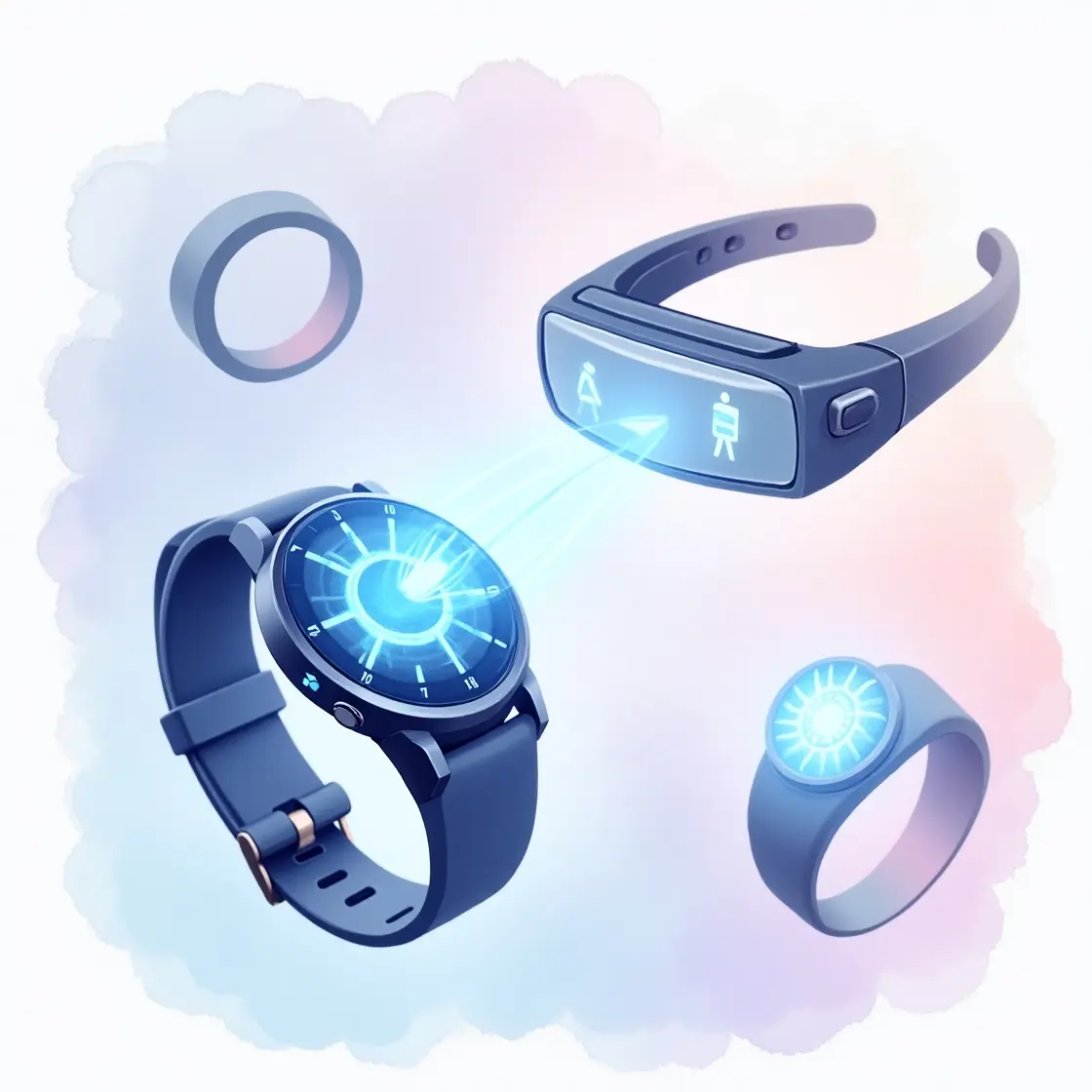In 2025, social media platforms continue to play a pivotal role in shaping the conversation around mental health. Over the years, platforms like Instagram, Twitter, TikTok, and YouTube have transformed from spaces of entertainment and communication to crucial tools in raising awareness about mental well-being. With mental health issues becoming more widely recognized, social media is increasingly used as a platform to destigmatize mental health struggles and promote open discussions about mental well-being.
The Role of Social Media in Mental Health Awareness
1. Accessibility and Awareness
Social media makes mental health information easily accessible to people worldwide. In 2025, users can easily find content related to mental health awareness, from professional advice to personal stories. Platforms like Instagram, TikTok, and YouTube are flooded with content that educates users on mental health issues, coping strategies, and support resources. Influencers, mental health advocates, and psychologists are reaching millions of people, making mental health discussions less taboo.
2. Encouraging Open Conversations
Social media trends like mental health hashtags, challenges, and viral awareness campaigns are creating a safe space for people to share their mental health journeys. Hashtags like #MentalHealthMatters, #EndTheStigma, and #SelfCare have gained massive traction, allowing people to connect, share experiences, and offer support. In 2025, platforms like TikTok and Twitter are used by people to publicly discuss anxiety, depression, and other mental health challenges.
3. Influencers and Mental Health Advocates
In 2025, many influencers are using their platforms to advocate for mental health awareness. By sharing their own stories or promoting mental health initiatives, they help break the stigma around mental illness. Celebrities and well-known influencers are also using their reach to support causes, raise funds for mental health organizations, and promote therapeutic methods such as therapy or mindfulness.
4. Mental Health Support Communities
Social media is helping create tight-knit online communities dedicated to mental health support. Reddit communities, Facebook groups, and even dedicated Instagram accounts focus on supporting individuals who may not have access to local support groups. These virtual spaces offer advice, emotional support, and a sense of community, which is crucial for individuals experiencing mental health struggles.
5. Online Therapy and Mental Health Apps
Social media platforms are also serving as a bridge to therapy and mental health apps. In 2025, the stigma around seeking professional help has reduced significantly, partly due to social media's widespread promotion of therapy and mental health apps like BetterHelp, Talkspace, and MindDoc. These apps have become more accessible, and social media campaigns help individuals understand that asking for help is a sign of strength, not weakness.
Potential Pitfalls of Social Media's Influence on Mental Health
While social media's role in mental health awareness is largely positive, there are some downsides to consider in 2025. The pressure to portray a "perfect" life on social media can cause individuals to compare themselves negatively to others, leading to feelings of inadequacy and anxiety. The constant bombardment of images, videos, and posts may also contribute to mental exhaustion, particularly among younger audiences.
Additionally, misinformation about mental health can spread on platforms if not properly regulated, which is why it's important to follow reputable sources.
Conclusion: A Double-Edged Sword for Mental Health
In 2025, social media continues to shape the mental health landscape in powerful ways, from spreading awareness to offering support. While the platform has given people a chance to share, connect, and learn, it is also crucial to be mindful of the potential negative effects of social media on mental health. Striking a balance between utilizing the benefits of social media for mental health awareness and managing the challenges it presents will be key to ensuring its positive impact on mental well-being.




How Are Social Media Trends Shaping Mental Health Awareness in 2025?